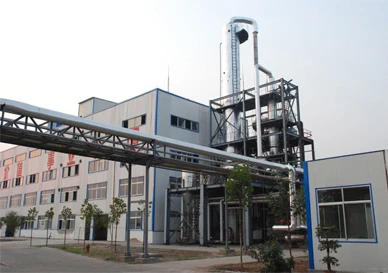









Redispersible Polymer Powder (RDP) is widely used in the construction industry to enhance the performance of dry-mix mortars. In plastering mortar, RDP plays a critical role in improving workability, adhesion, flexibility, and durability. Plastering mortar is applied to building surfaces to achieve a smooth finish, protect the substrate, and enhance aesthetics. The addition of RDP significantly improves the overall performance of the plaster, especially in demanding environments.
One of the most important functions of RDP in plastering mortar is its ability to improve adhesion to a wide variety of substrates, such as concrete, brick, cement blocks, and even insulating boards. Traditional cement-based plaster often struggles with adhesion, especially on smooth or non-absorbent surfaces. With RDP, the polymer particles form a strong and flexible film that bonds well with both the substrate and the mortar matrix, reducing the risk of cracking, delamination, or peeling over time.
RDP also enhances workability and application properties. It improves the mortar’s plasticity, making it easier to spread and level during application. Whether applied manually or by machine spraying, RDP-modified plaster mortar offers better cohesion and reduced slumping, which is especially useful for vertical surfaces and overhead applications. The improved rheology also results in a more uniform and smoother surface finish.
Another key benefit of RDP is its ability to improve flexibility and crack resistance. Cementitious plasters can be prone to shrinkage and cracking, particularly during curing or under temperature variations. The polymer film formed by RDP helps absorb stresses within the mortar layer and allows for slight substrate movements without causing surface damage. This improves the longevity and durability of the plaster, especially in exterior and thermal insulation systems.
RDP also contributes to better water retention, ensuring adequate hydration of cement during curing. This reduces rapid moisture loss in hot or windy conditions, preventing surface defects such as dry-out, shrinkage cracks, or dusting. Enhanced water retention also allows for extended open time, providing workers with more flexibility during application.
In addition, RDP improves weather resistance and durability of the plaster layer. It enhances resistance to water penetration, freeze-thaw cycles, and surface erosion caused by wind or rain. This makes RDP-modified plaster suitable for both interior and exterior applications, including damp environments like basements, kitchens, or facades exposed to harsh weather conditions.
In summary, Redispersible Polymer Powder significantly enhances the performance of plastering mortars by improving adhesion, flexibility, workability, water retention, and durability. These improvements lead to higher-quality finishes, reduced maintenance, and longer service life. As construction standards continue to rise, the role of RDP in plaster formulations becomes increasingly essential for achieving efficient and reliable results in both residential and commercial projects.